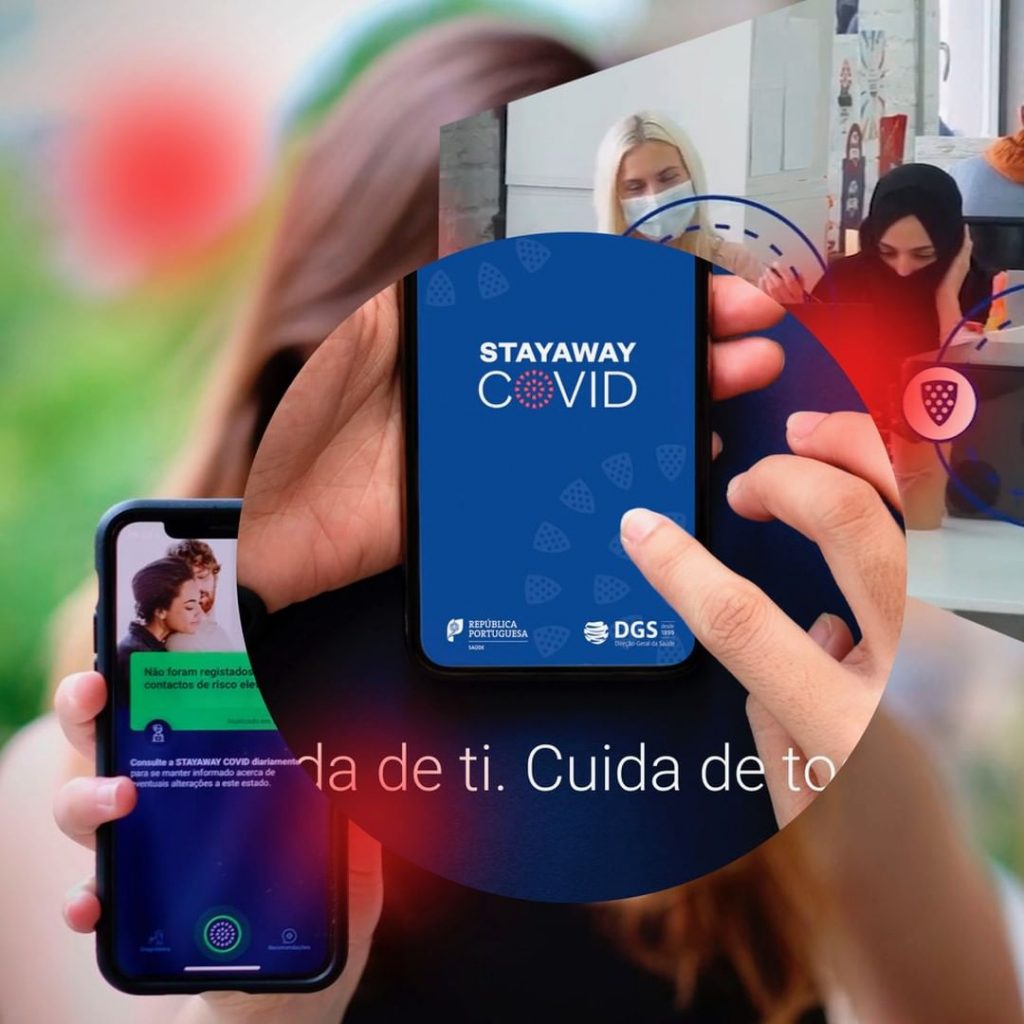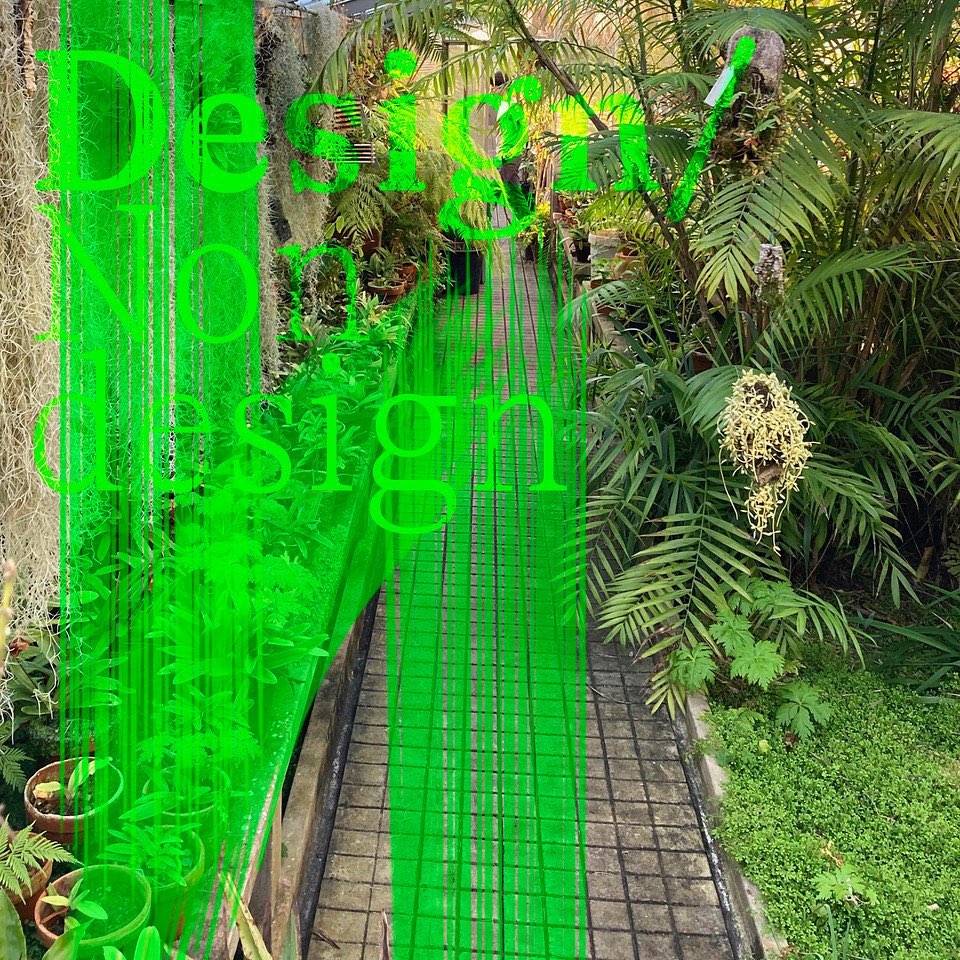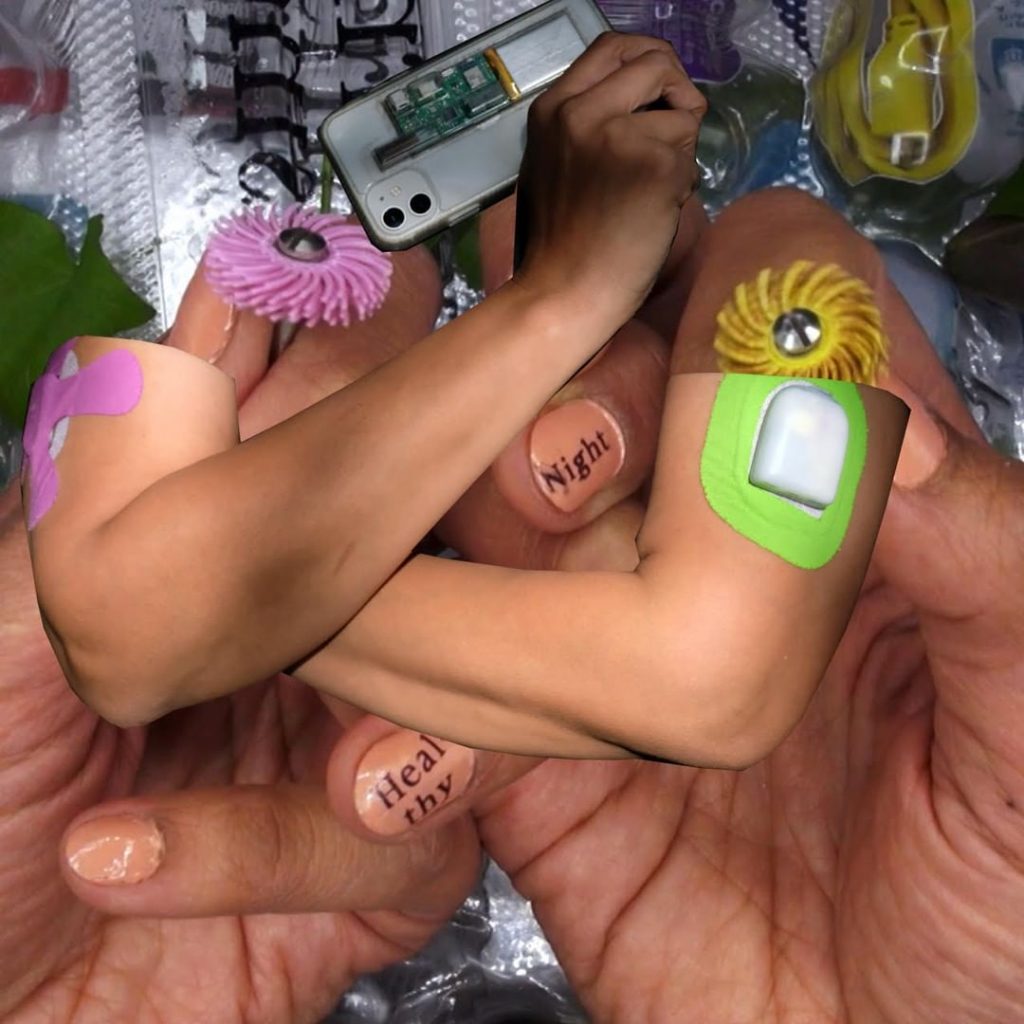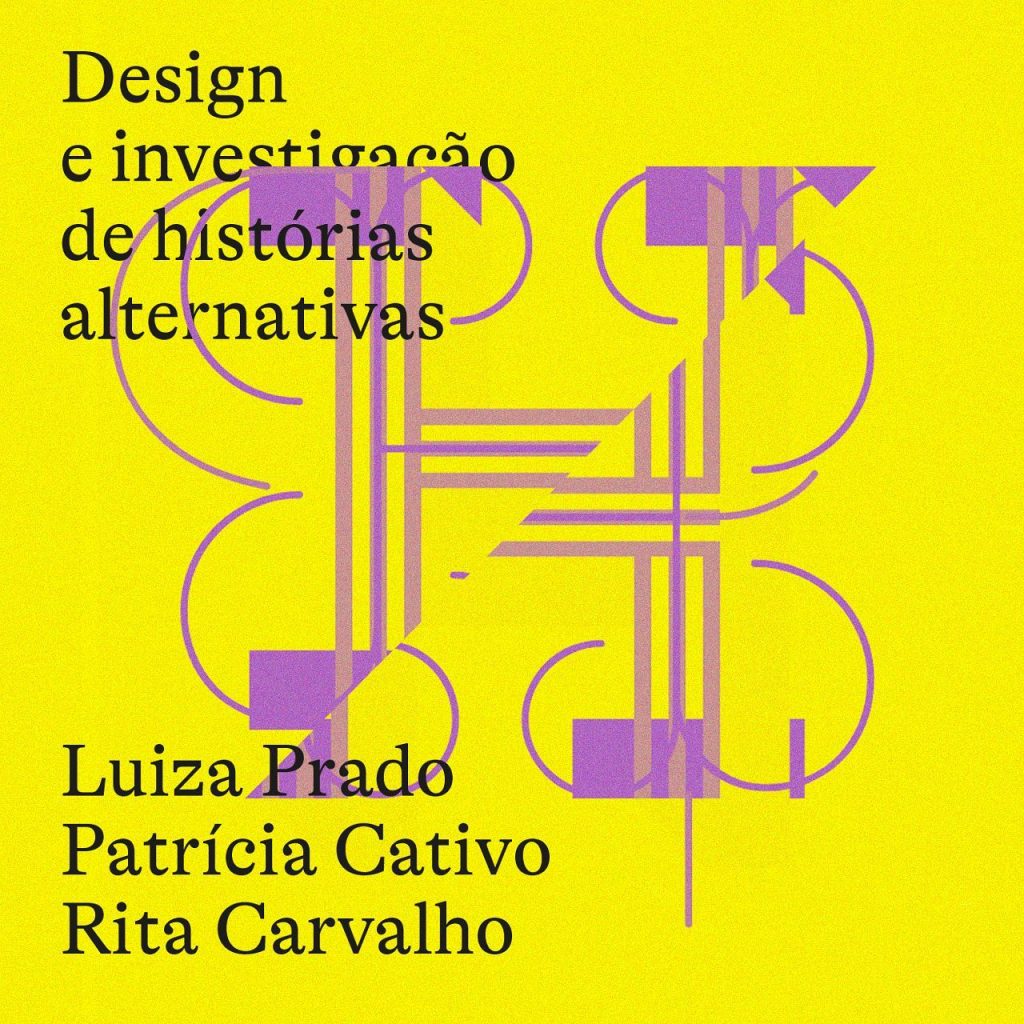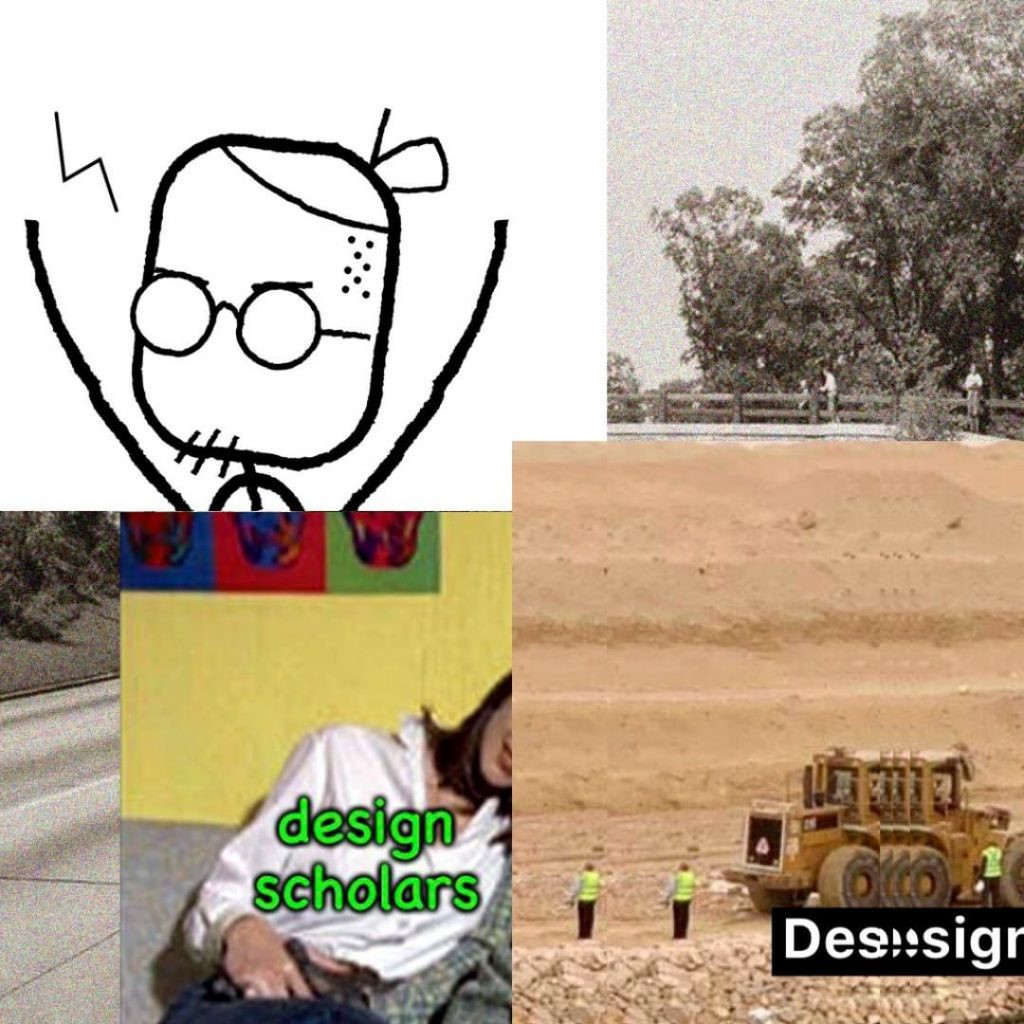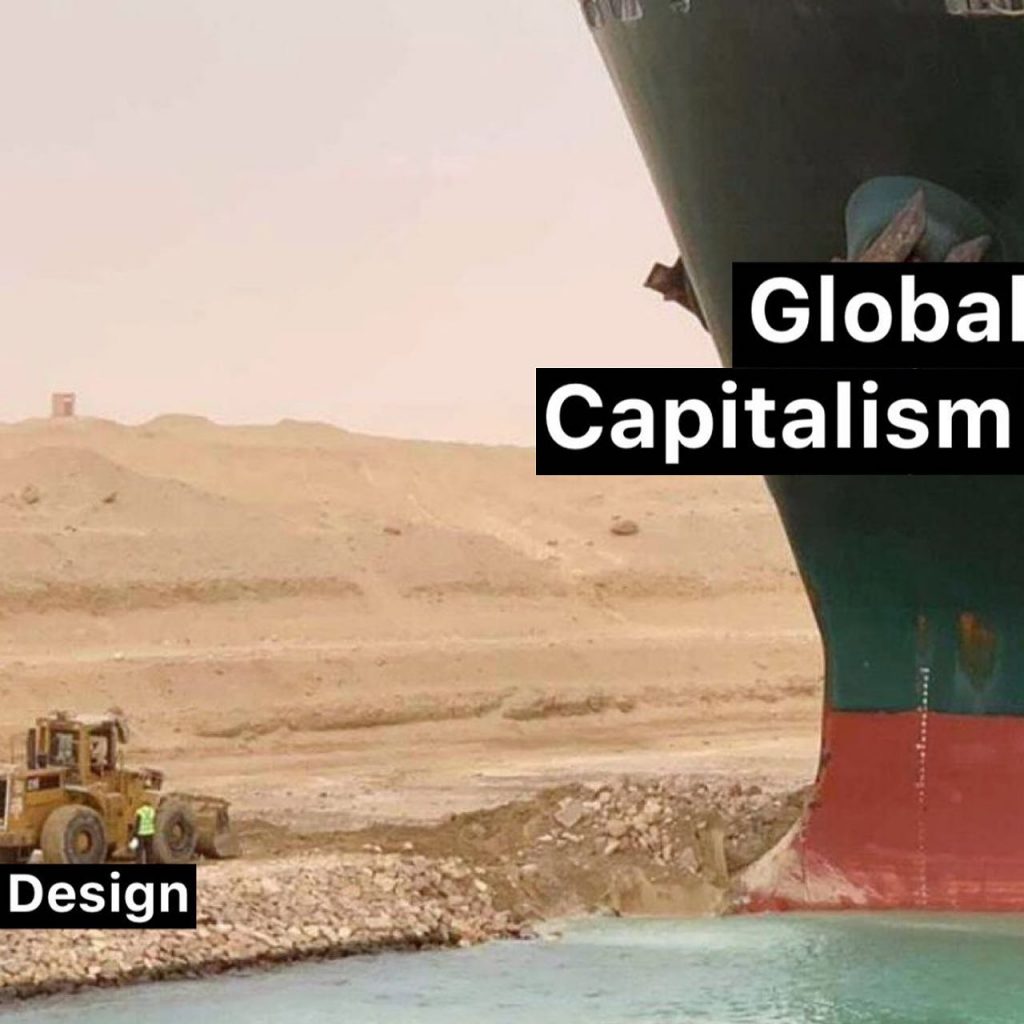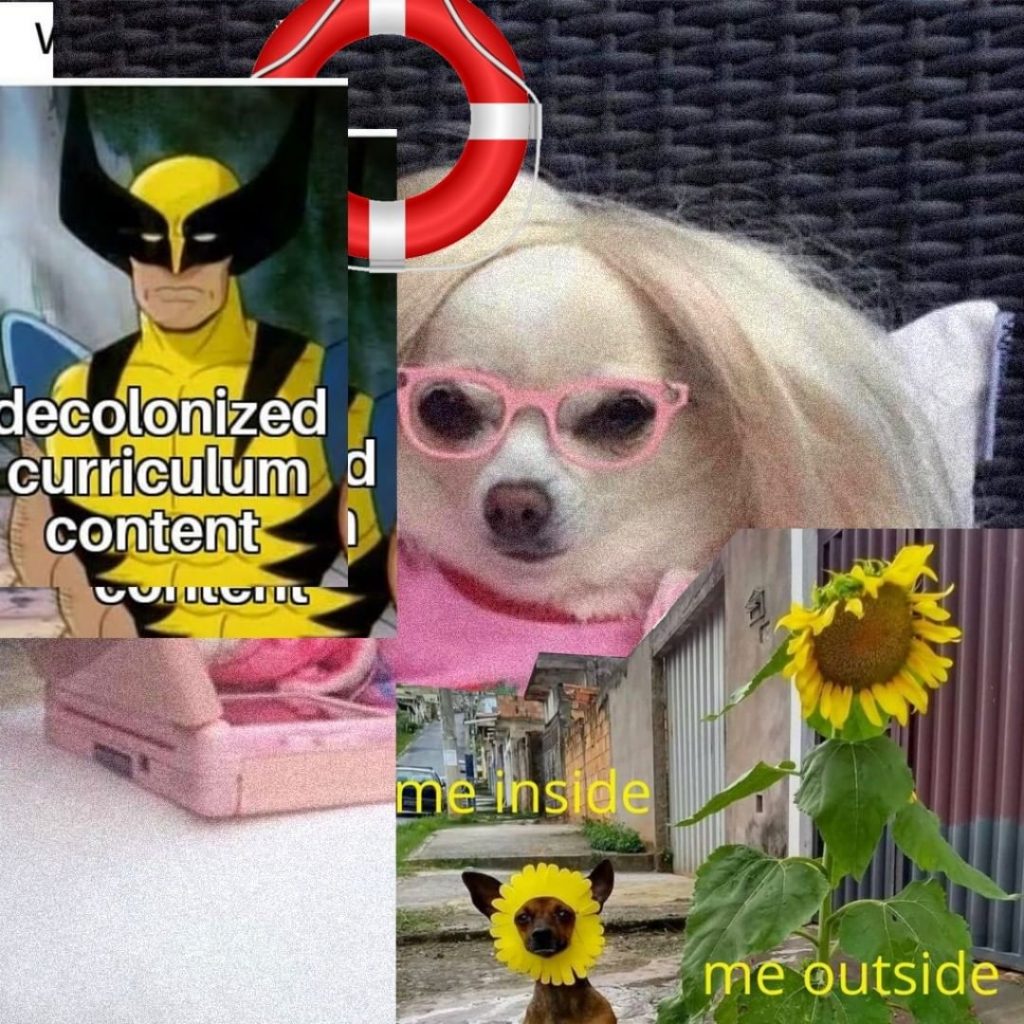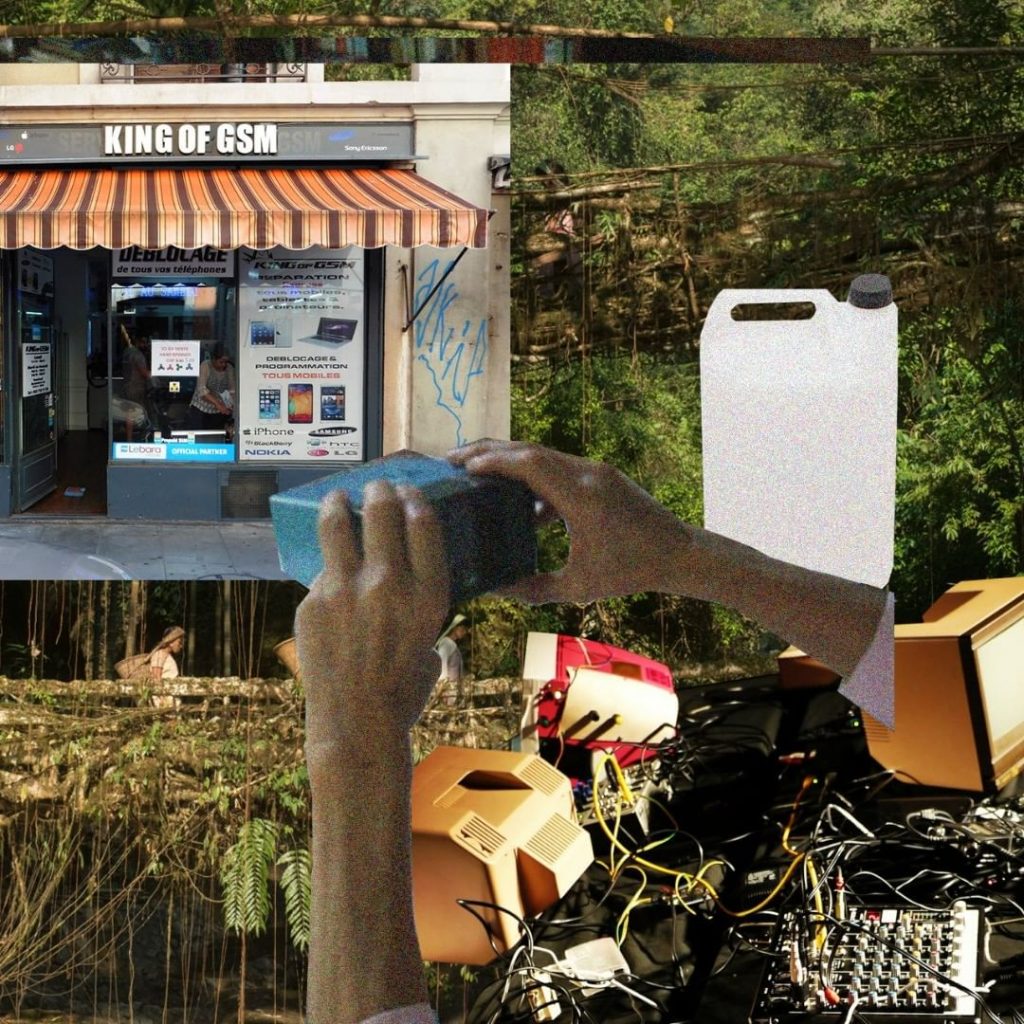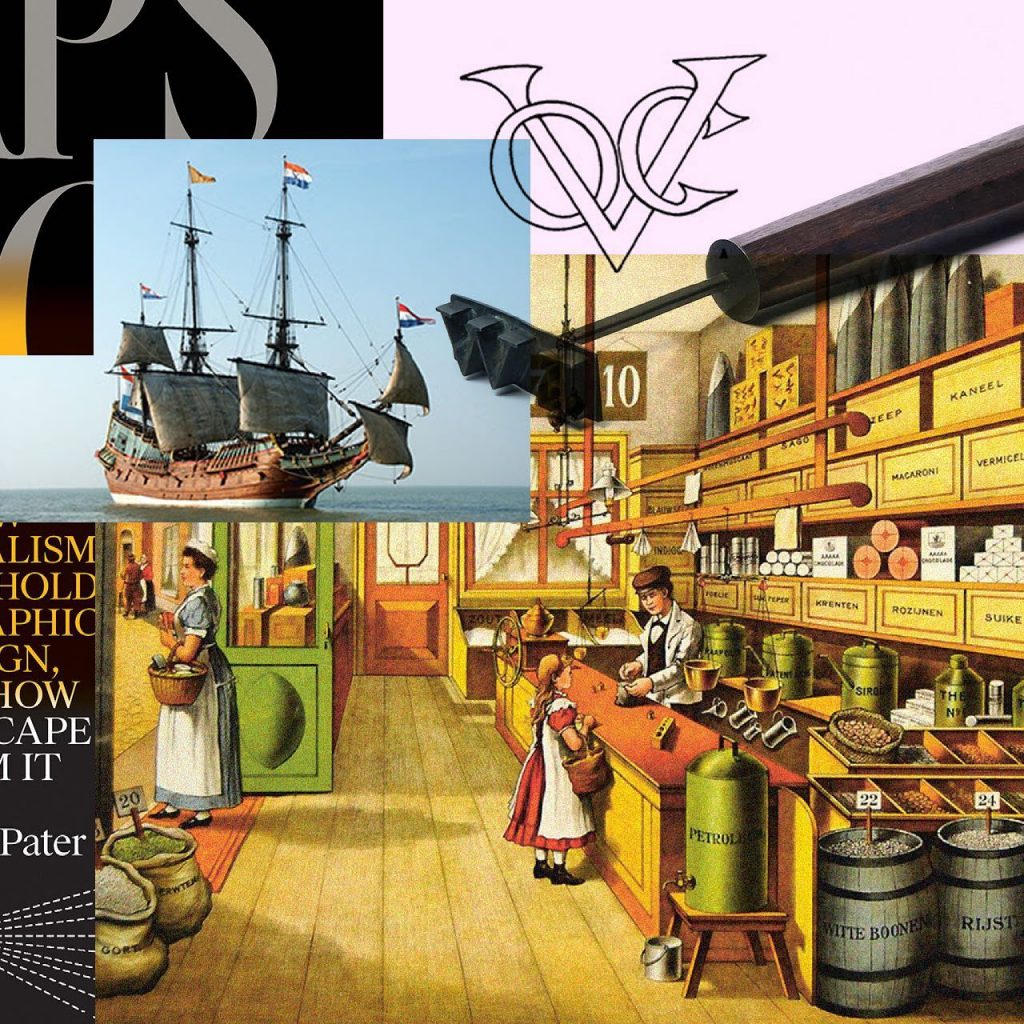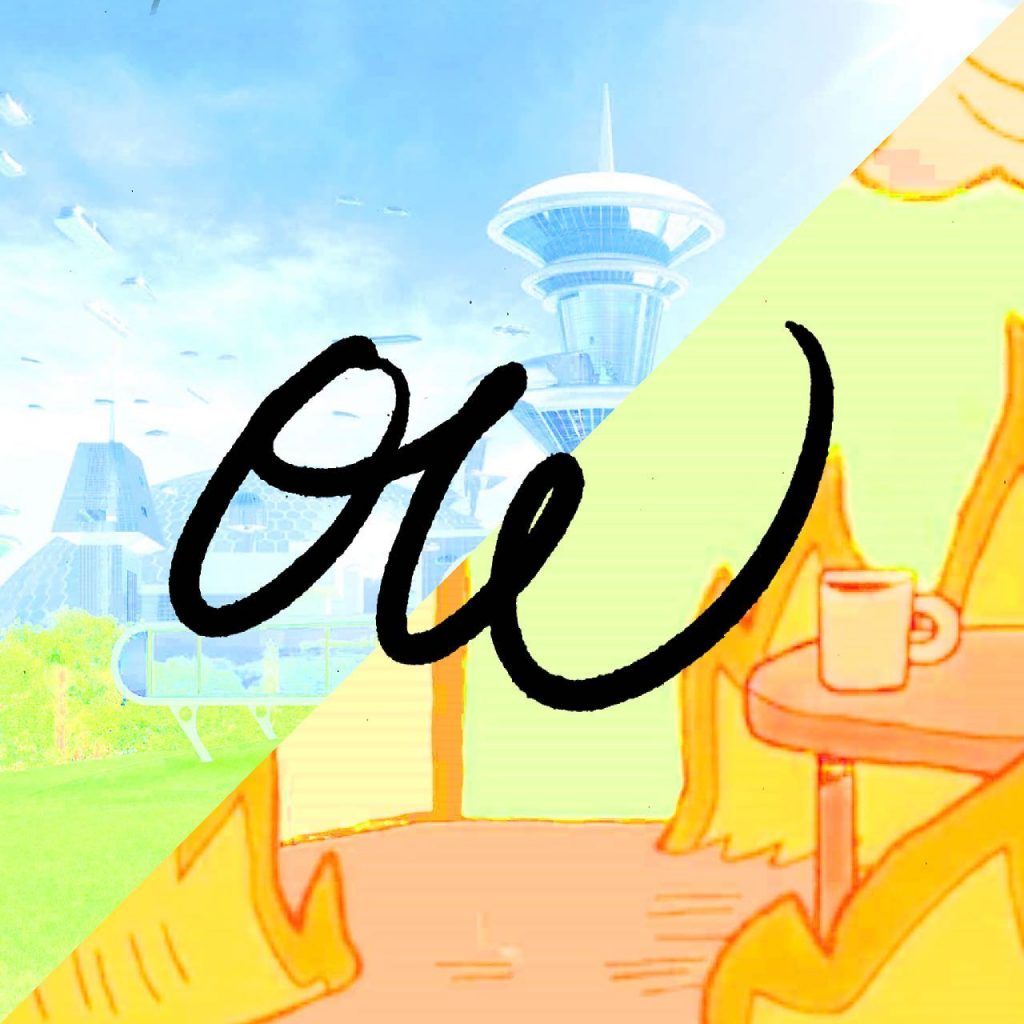In the sixth issue of Other Worlds, Ana Isabel Carvalho and Ricardo Lafuente, founders of the F/LOSS-oriented design studio Manufactura Independente, rigorously dissect Stayaway, the contact tracing app launched in Portugal during the Covid pandemic. By analysing both the technical limitations of the app and its misleading visual metaphors, they prove that a grounded criticism of public health monitoring systems is possible.
Reconsidering the app after its demise, they warn us against a novelty bias in the public discourse, which is too focused on promotion and expectations rather than consequences and effects.

